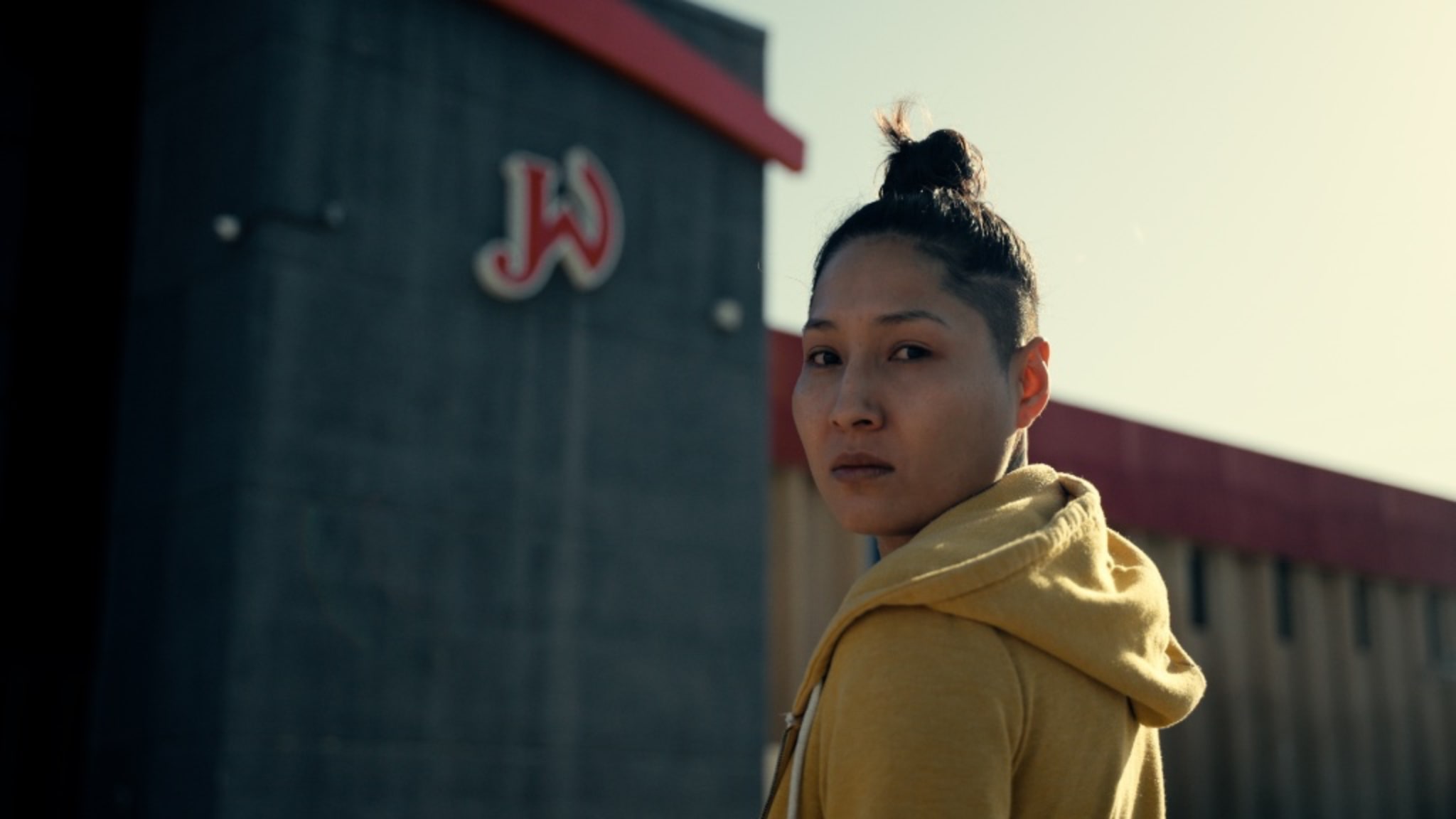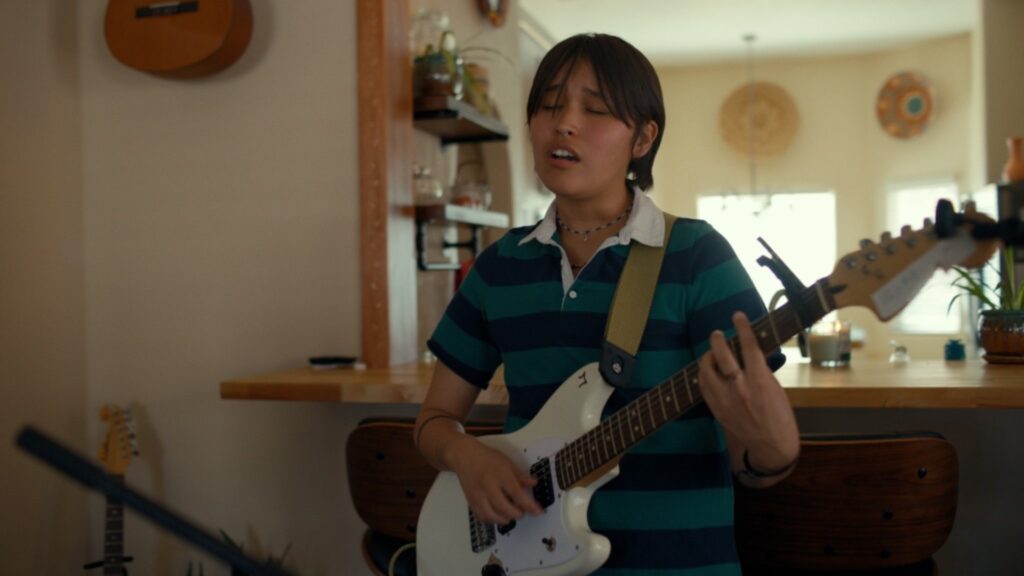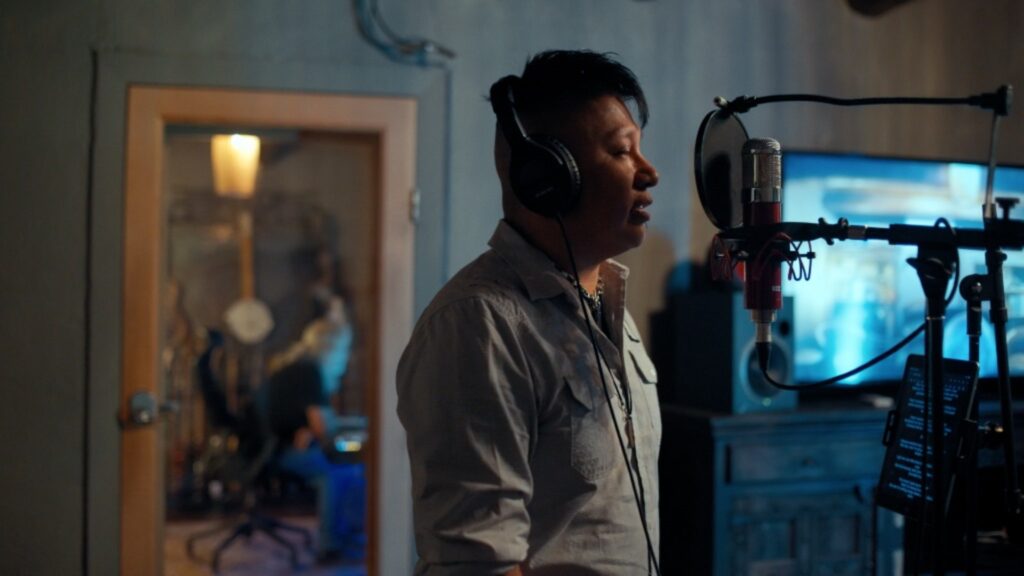2
EPISODE TWO :
ALBUQUERQUE
OUR STORYTELLERS

MARISA

JIR
SONG
y'uuni
(Keresan)
For the Pueblo peoples of Turtle Island’s Southwest, in present-day New Mexico, music and song have forever been a central aspect of their shared culture, spirituality and self-identity.
The Pueblos historically lived in permanent multi-storey adobe dwellings perched atop cliffs and large mesas, getting their name from the Spanish word for village. Before colonization, the people were part of many different communities and linguistic groups, including the Keresan, Kiowa-Tanoan and Zuni.
While each group and community differed significantly in their cultural practices, they were united in their distinctive local musical style and deeply engrained tradition of song.
Traditional Pueblo music was related to everyday work such as farming, raising livestock and grinding corn. Music also had a deep spiritual intent, with certain songs believed to have the power to attract wild game for hunters and to regulate the agricultural cycle.
Puebloan music is recognized by many as one of the most complex on Turtle Island, with many songs featuring multiple musical scales, differing rhythmic tempos and complex percussive accompaniments.


Instruments included flutes, rattles, bells, drums and trumpets, with vocal style prioritizing communal singing for gatherings and religious ceremonies, often reflecting natural phenomena such as bird songs.
As Spanish colonists began encroaching on Pueblo lands, tensions quickly arose when missionaries began converting Indigenous peoples and banning their religious practices and musical traditions.
This led to the Pueblo Revolt of 1680, when groups of Pueblos banded together and fought against the Spanish, expelling them for 12 years and ushering in a return to their traditional cultural practices.
The Spanish eventually returned in 1692 and doubled their efforts at colonization and religious conversion over the next three centuries, leading to a near-total decimation of pre-Columbian musical practices.
While four centuries of colonialism attempted to deny the Pueblo their connection to music, it did not destroy it. Today, Albuquerque has become a hub for Indigenous musicians from across the Southwest, including the Navajo, Apache and Pueblo peoples.
While musical styles may have greatly changed since the time of their ancestors, Pueblo artists continue to use their music to unite their people, heal their communities and tell their shared stories.

CONTACT US
Have a story about your own little big community?
Reach out and let us know! We would love to help you tell it.
